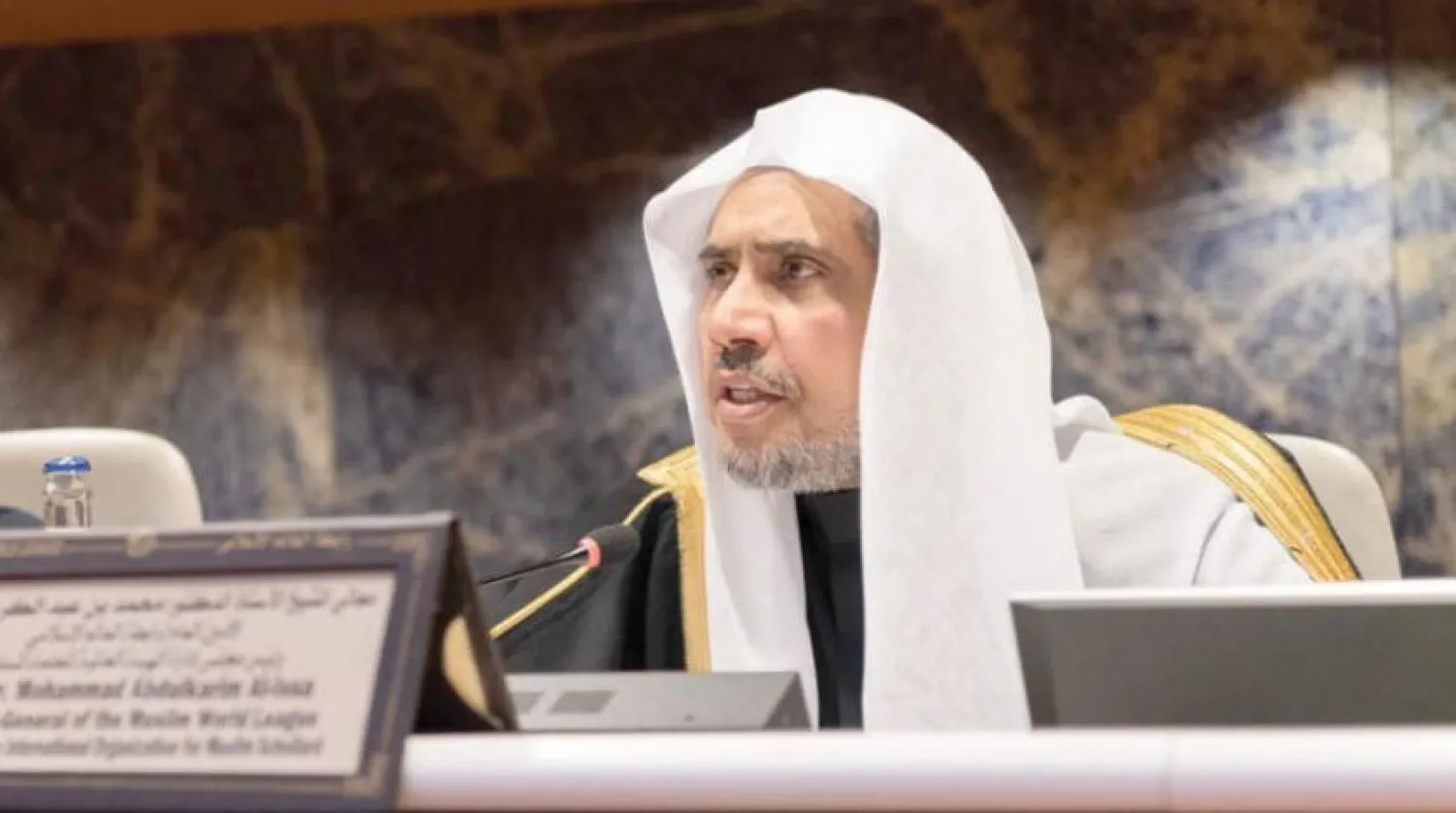The Muslim World League (MWL) announced an initiative for “protecting youths from extreme and violent ideas and its mechanisms of implementation” which was launched by Secretary-General Sheikh Dr. Mohammed al-Issa. This came at the UN headquarters in Geneva during an international conference that was attended by prime ministers, parliament speakers, UN ambassadors, and prominent religious and intellectual figures and academics.
Al- Issa said the initiative aims to protect youths from ideas of violent extremism and those that incite them to commit acts of violence. He stressed that educational institutions all over the world have the responsibility to protect youths from extremist ideologies in all of their forms by incorporating into their curriculums “interactive activities” that show how disagreement, diversity, and pluralism are inevitable, and that, if put in a positive framework, they can enrich humanity and unity.
He also said it was important to reflect how religious, ethnic and ideological conflicts danger social harmony and world peace.
Al-Issa stressed the importance of filtering the rhetoric directed at young people, making sure they are not exposed to a language which fuels conflict and hatred and stirs hostility and racism. Instead, the principle of equality should spread, emphasizing the importance of tolerance and forgiveness and rejecting hatred, racism, and marginalization.
He called on the authorities in each country to establish programs that strengthen the role played by families in cultivating sound mentalities in children and youths and to establish a plethora of initiatives in which various institutions corporate to support religious, cultural and ethnic harmony in diverse countries.
Al-Issa also stressed that religious and intellectual institutions should feel a sense of responsibility with regard to countering extremism, terrorism, and violence. This should be done by delving into the details of the ideology and unpacking it clearly and deeply. He also emphasized that “it is vital that we prevent the exportation or importation of fatwas and religious ideas out of their context, stressing that extremism is to be condemned in all cases.
For his part, the Grand Mufti of Sheikh Dr. Shawki Allam confirmed that terrorists’ ambitions went as far as establishing armies and taking over modern technological tools.
Meanwhile, the president of the Supreme Islamic Council of Algeria Bouabdallah Mohamed Gholam Allah thanked the MWL, which plays an important role in spreading real Islamic values.
Monsignor Khaled Okasha, a member of the Pontifical Council for Interreligious Dialogue in the Vatican State, said the Makkah Document will be a beacon of hope for the promotion of peace and harmony around the world and the confrontation of extremist and hateful rhetoric.









